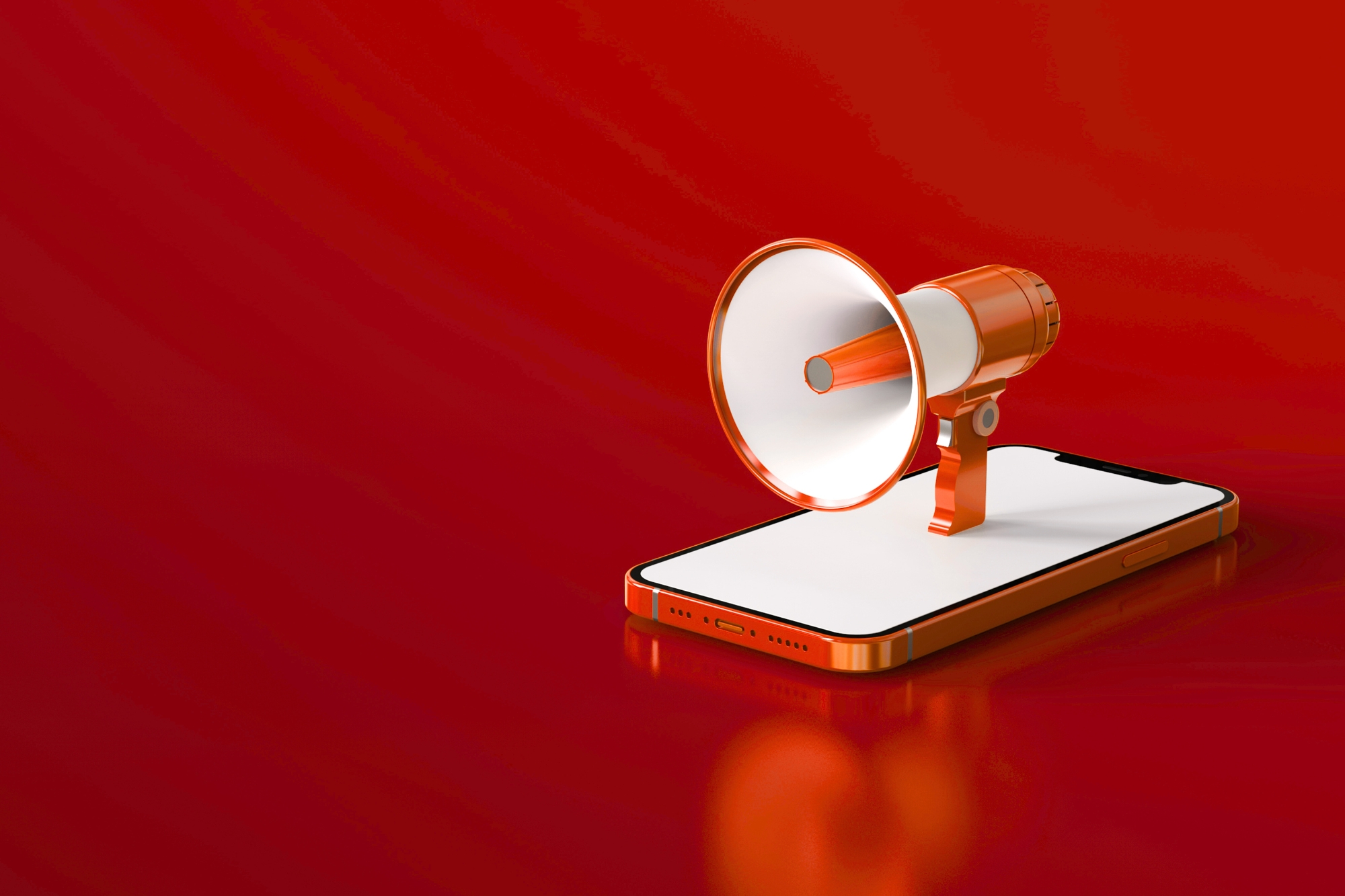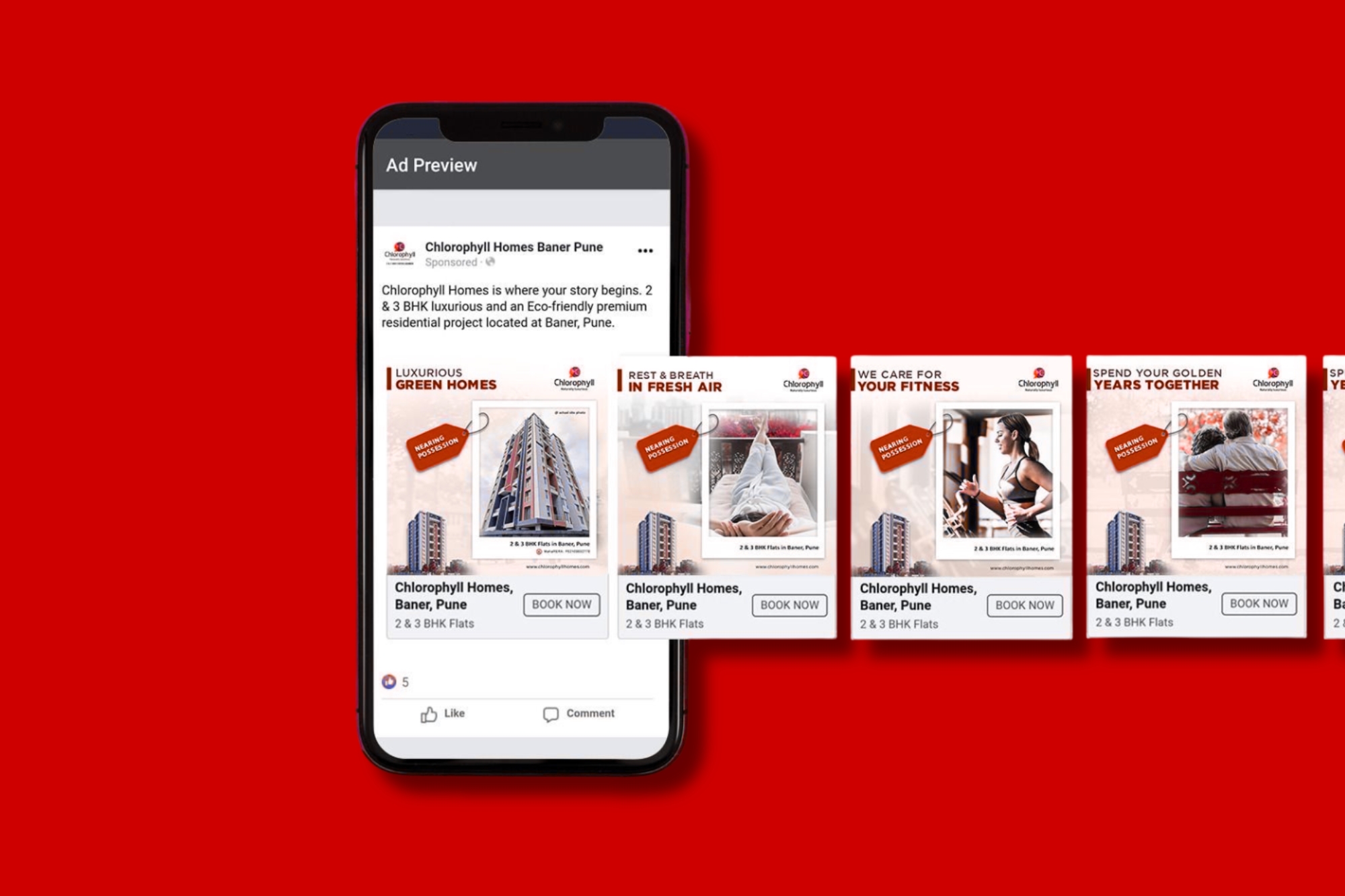What Makes a Great Logo—and Why It Matters for Your Brand
Your logo is more than just a graphic—it’s the face of your business. It’s what people remember, what they recognize, and what they associate with your brand’s values. A well-designed logo is timeless, simple, and meaningful—and we believe great design starts with clear intention.
Whether you’re creating a new logo or thinking about refreshing an old one, this guide walks you through the key elements of professional logo design—and why it plays a crucial role in your brand’s identity.
Why Logo Design Matters
Think of the world’s most iconic brands—Apple, Nike, McDonald’s. You can picture their logos instantly, right? That’s the power of great design.
A strong logo:
- Builds brand recognition
- Inspires trust
- Makes you stand out
- Connects with your audience emotionally
But none of this happens by accident. Great logos are intentionally crafted to reflect a brand’s purpose, tone, and story.
The Core Principles of Effective Logo Design
Here are the fundamentals we follow when designing logos that last:
1. Simplicity
A simple logo is easier to recognize and remember. It works across platforms—whether it’s printed on a business card or scaled for a billboard.
=> The best logos don’t need extra decoration—they speak through clarity.
2. Memorability
A unique and thoughtful logo sticks in your audience’s mind. It should be easy to describe in just a few words.
=> Think: “The swoosh,” “The bitten apple,” or “The golden arches.”
3. Timelessness
Design trends come and go, but your logo should stand the test of time. Focus on what reflects your brand’s essence—not what’s trending today.
=> A great logo doesn’t need a redesign every two years.
4. Versatility
Your logo needs to work across a variety of media: digital, print, social media, packaging, signage, etc.
=> It should look just as strong in black and white as it does in full color.
5. Relevance
Your logo should align with your business’s mission, industry, and target audience. Typography, color, and iconography all play a role.
=> A tech startup and a wellness brand should not have the same design language.
The Logo Design Process (Step-by-Step)
In every logo project follows a thoughtful, collaborative process:
Step 1: Discovery & Research
We start by understanding your brand—your values, target audience, competitors, and aspirations.
Step 2: Concept Development
Using insights from research, we begin sketching and exploring initial design directions.
Step 3: Digital Execution
Once the strongest concepts are chosen, we refine them digitally—focusing on typography, layout, and color systems.
Step 4: Presentation & Feedback
We walk you through the design rationale and how the logo works across applications. Your feedback shapes the final version.
Step 5: Delivery
You receive a full logo suite—including variations for color, layout, and file types—ready for use in all your marketing.
Final Thoughts: Invest in a Logo That Lasts
Your logo is often your brand’s first impression—and you only get one chance to make it count. Investing in professional logo design means investing in how your brand is perceived, remembered, and trusted.




